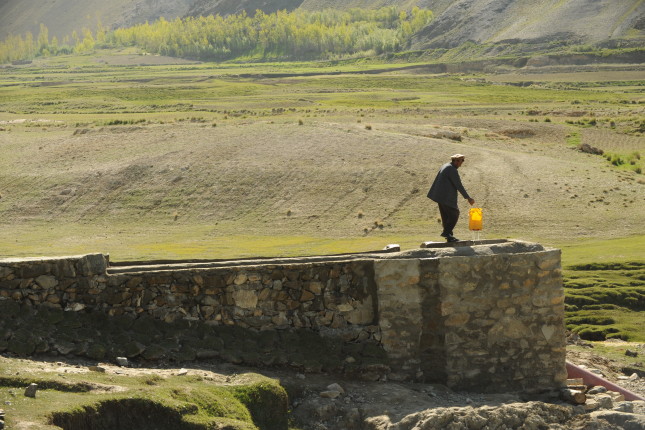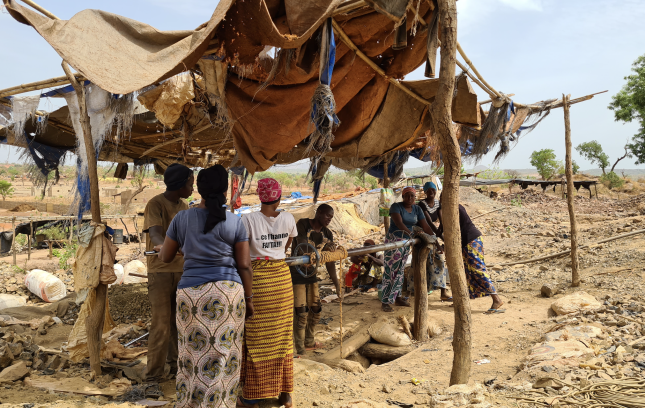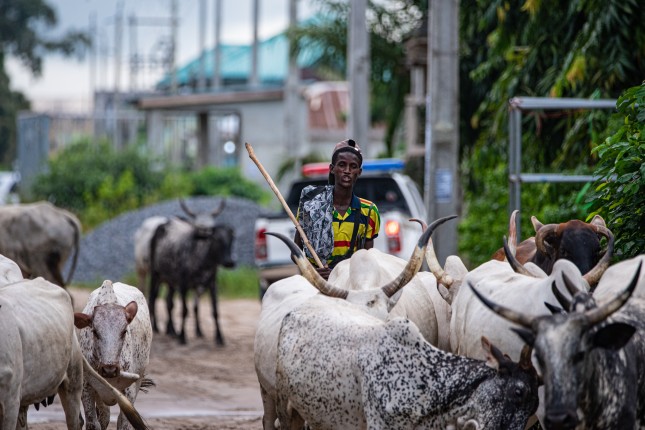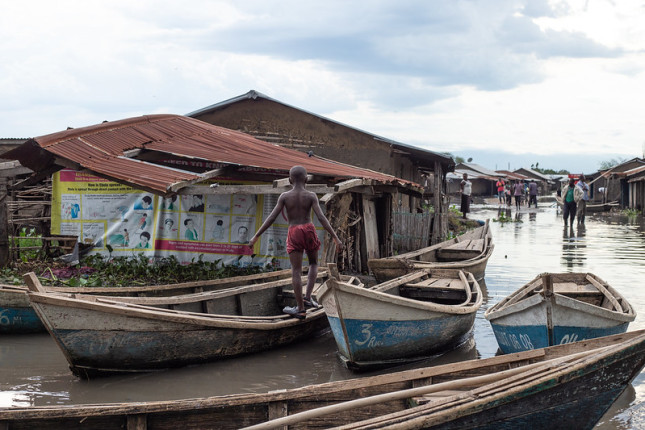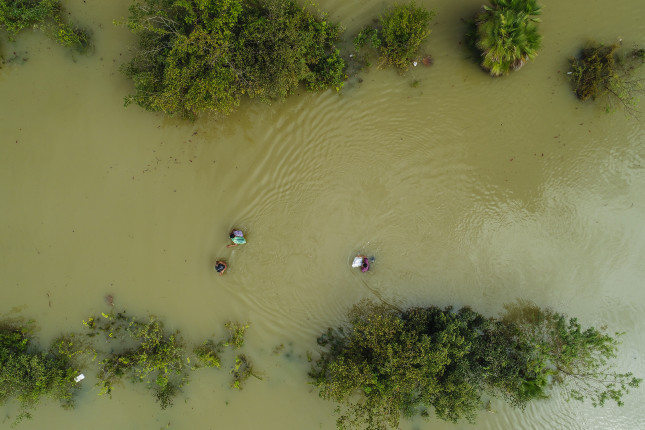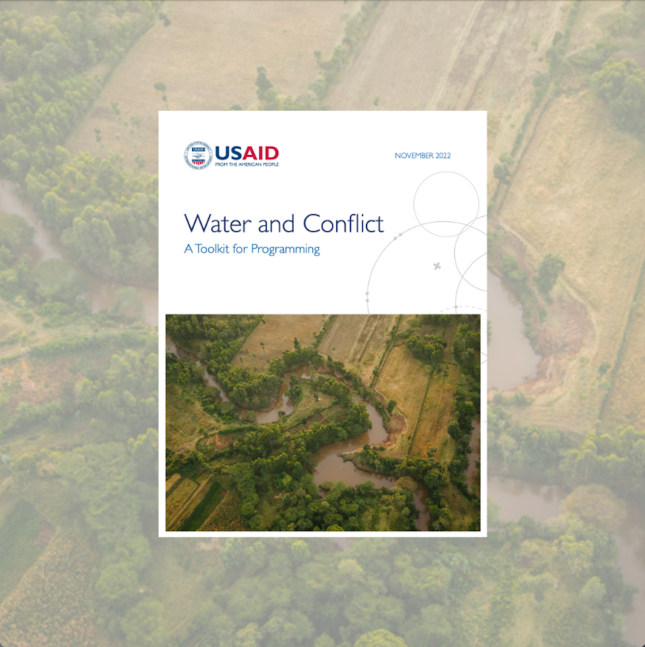-
ECSP Weekly Watch | June 23 – 29
›
A window into what we are reading at the Wilson Center’s Environmental Change and Security Program
Climate Change and Migration: Ensuring Safe Access for Women and Girls
A new report from UN Women found that climate change poses a significant threat gender equality. In particular, changes in weather patterns and extreme events exacerbate vulnerability among women and girls and leads them to seek safety and opportunities through increased migration.
-
Conflict, Crisis, and Peacebuilding: Afghanistan and Regional Water Security
›
Gunfire erupted at the border of the Afghan Nimroz Province and Iran’s Sistan-Baluchistan Province on May 27, 2023, amid rising tensions over water rights, killing troops on both sides.
Iranian and Afghan government officials have blamed each other for triggering the incident. But whatever the cause, the tensions over water flows between these nations have been simmering for at least a century. Indeed, in 1999, under the first iteration of the Taliban, flows were restricted completely causing damage to the delicate Hamoun Region—a registered UNESCO biosphere site of social and ecological importance.
-
Building Peace by Formalizing Gold Mining in the Central Sahel
›The Central Sahel is increasingly deemed the new epicenter of terrorism, accounting for 35 percent of global terrorism deaths in 2021. Yet as the situation in the region continues to deteriorate, artisanal and small-scale gold mining (ASGM) both persists and proliferates. For instance, in Mali, where much of the region’s security crisis originates, this conundrum is laid bare.
-
Farmers-Herders Conflicts in Nigeria: A Role for FBOs?
›
Nigeria is home to many violent conflicts, one of which is the farmers-herders conflict that has posed severe security challenges in the country. The human toll of the violence has been immense, claiming more lives than the Boko Haram insurgency. Hundreds of thousands of people have been killed or displaced. Nigeria has also experienced increased ethnic, regional, and religious polarization, and this crisis has undermined national stability and unity.
-
What’s Next in Climate Security Studies? Exploiting Synergies Between Practice and Research
›
The increase in global temperatures by over 1 degree Celsius since preindustrial times is already having broad and significant impacts. An ongoing multi-year drought in Eastern Africa, for instance, has been attributed to global warming. Hunger crises, displacement, and exacerbated conflict between pastoralist groups are some of the reported dire consequences.
-
China’s Climate Security Vulnerabilities
›
Climate change’s ripples reach every corner of the globe, but nowhere is their geopolitical impact more pronounced than in China’s relations with the United States. This is especially the case as the undisputed security risks posed to both nations by climate change become intertwined with broader arcs of political, economic, and military competition on both sides.
-
Addressing Climate Security Risks in Central America (Report Launch)
›
Northern Central America is experiencing a confluence of insecurity and migration challenges that are increasingly intertwined with climate change. What are the contours of this emergent convergence—and how can responses be developed and implemented more effectively?
-
USAID’s Revised Water and Conflict Toolkit
›
Links between water and conflict seem to crop up everywhere one looks these days. The Horn of Africa will soon face a sixth consecutive failed rainy season in 2023—its worst drought on record. Not only is this drought a consequence of global climate change, but it has also led to widespread food shortages and local civil conflicts. And over the past year in Ukraine, Russian troops have directly damaged that nation’s already vulnerable water systems, including pipelines, pumping stations, and treatment facilities. These repeated attacks on water infrastructure have not only undermined local livelihoods in Ukraine, but they have also polluted surface waters and threatened biodiversity.
Showing posts from category environmental peacemaking.


